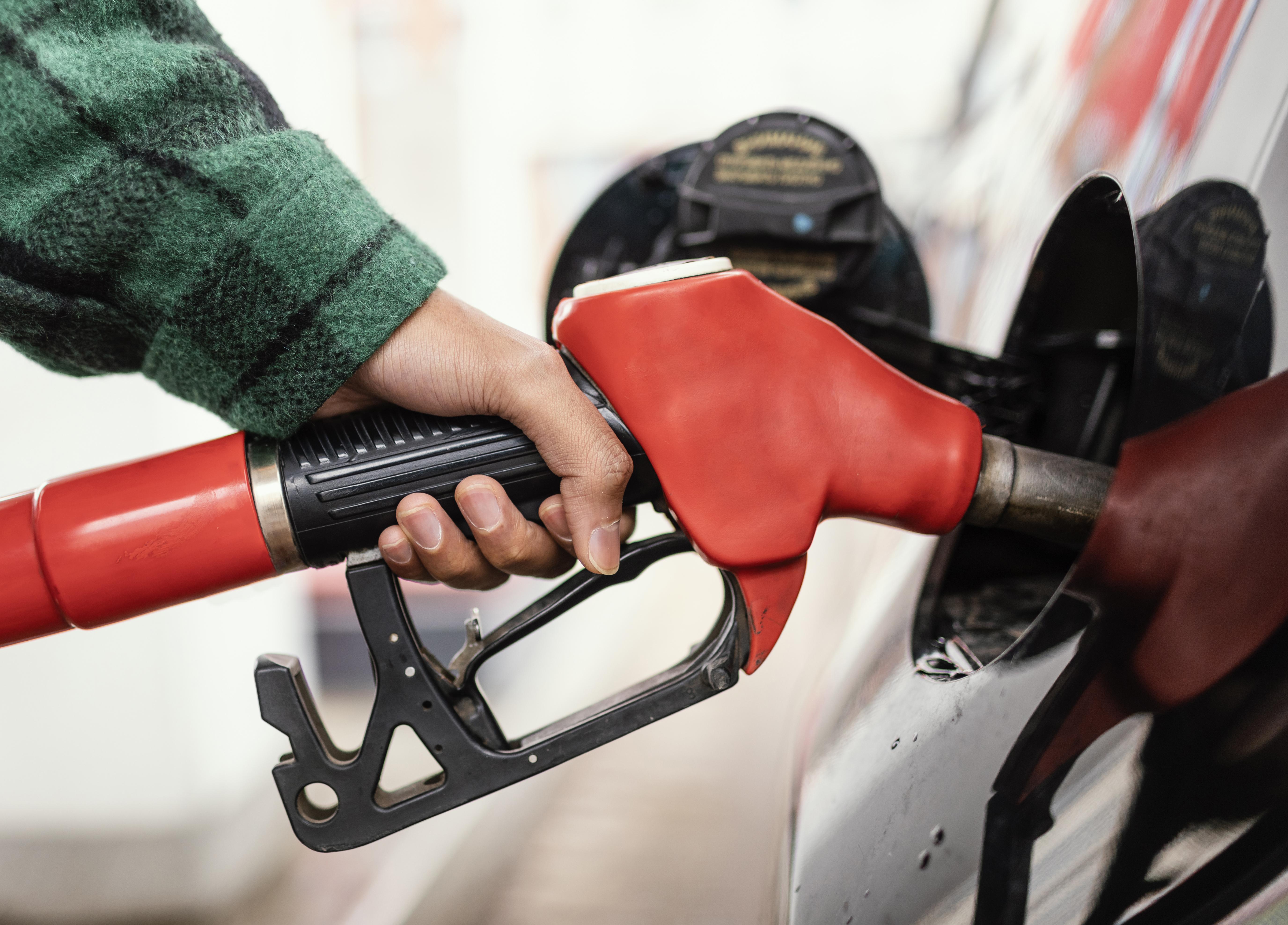How is Fuel Adulterated?
FlexCar couldn’t miss the Mobility 2022 exhibition, which took place from September 15-25 at the open-air courtyard of Golden Hall Mall in Marousi.

Fuel adulteration is a common phenomenon, especially when fuel prices are high. In such cases, dishonest fuel station operators increase their profits by deceiving hundreds of drivers. The higher the fuel prices, the more frequent the adulteration. This is not an issue exclusive to our country but a global problem, which is why many consumers are turning to electric and hybrid vehicles.
Consumers often try different gas stations, always looking for the lowest price to save money. However, you should not be influenced solely by price but rather stay loyal to a station you trust. It is quite difficult to be sure that the fuel you purchased has been adulterated, and unfortunately, it is not easy to prove.
What is Adulterated Fuel? How is it Tampered With?
Adulterated fuel is fuel that has been diluted with another substance. The goal? Increasing profit per liter. There are two main ways fuel is adulterated at gas stations:
Adulteration with Chemical Additives
One of the most common and most dangerous practices is the addition of chemicals such as toluene or alcohols. Toluene can cause significant damage, as it is corrosive and degrades all the elastomers in the engine, including seals, gaskets, and fuel lines. This type of adulteration is mainly done in regular 95-octane unleaded fuel.
Adulteration by Mixing with Other Fuels
Another common tactic is blending fuels with lower-quality or similar composition fuels. For example, premium 100-octane unleaded fuel is often adulterated with regular unleaded, reducing vehicle performance, increasing harmful emissions, and causing carbon buildup in the engine, leading to premature wear. Another common adulteration practice is adding regular unleaded fuel to super LRP fuel. Older vehicles that require super LRP fuel can suffer from gradual valve seat wear, ultimately causing severe engine block damage.
Additionally, diesel fuel is often adulterated with heating or marine diesel, causing similar problems in diesel vehicles.
How to Detect Adulterated Fuel
If you notice unusual behavior in your vehicle after refueling, it’s likely that the fuel has been tampered with. Specifically, be alert if:
-
The engine runs roughly or lacks power
-
The engine is harder to start than usual
-
The "Check Engine" light turns on
-
The fuel has a strange or unpleasant smell
-
Your fuel runs out faster than usual
-
The RPMs increase more slowly than normal

What Can You Do About Adulterated Fuel?
As consumers, you can never be 100% certain about fuel adulteration, nor is it easy to prove. However, you can:
-
Keep your receipt in case an inspection is needed. This will provide proof of the date, time, and gas station where you refueled.
-
Never return to the same gas station if you suspect adulteration.
-
Don't ignore the signs! The substances added to adulterated fuel can cause costly damage to your vehicle, particularly to the engine, reducing both performance and lifespan.
If the "Check Engine" light comes on immediately after refueling, it is best to call roadside assistance so your car can be taken to a repair shop. There, the tank and entire fuel system can be drained and cleaned. Do not risk driving until the fuel runs out, as this can cause significant engine damage and increase environmental pollution.
And remember—with FlexCar, you have nothing to worry about! Simply visit our website and choose your dream car. No matter what happens, we take care of all repairs for you!

